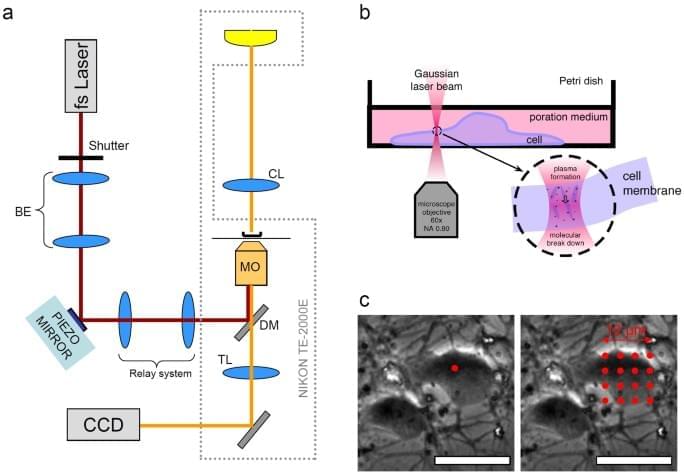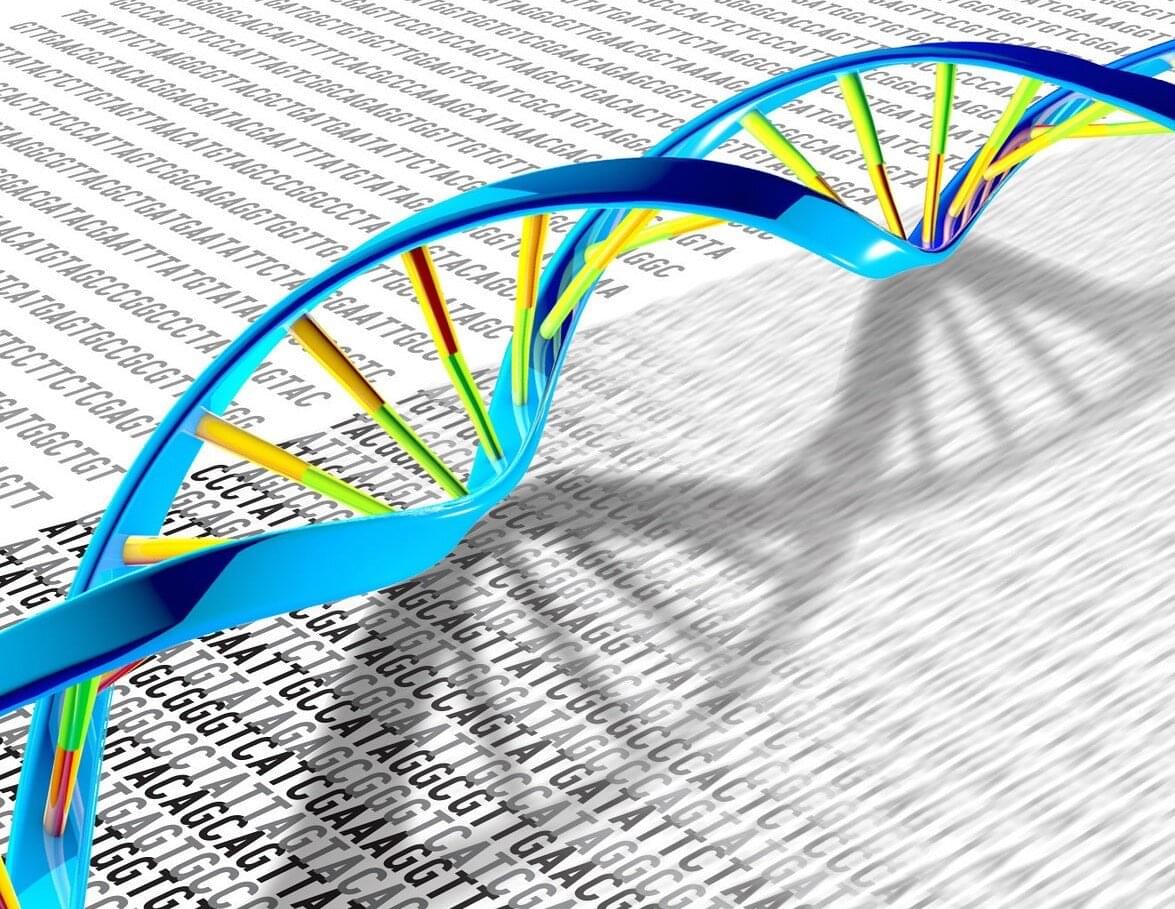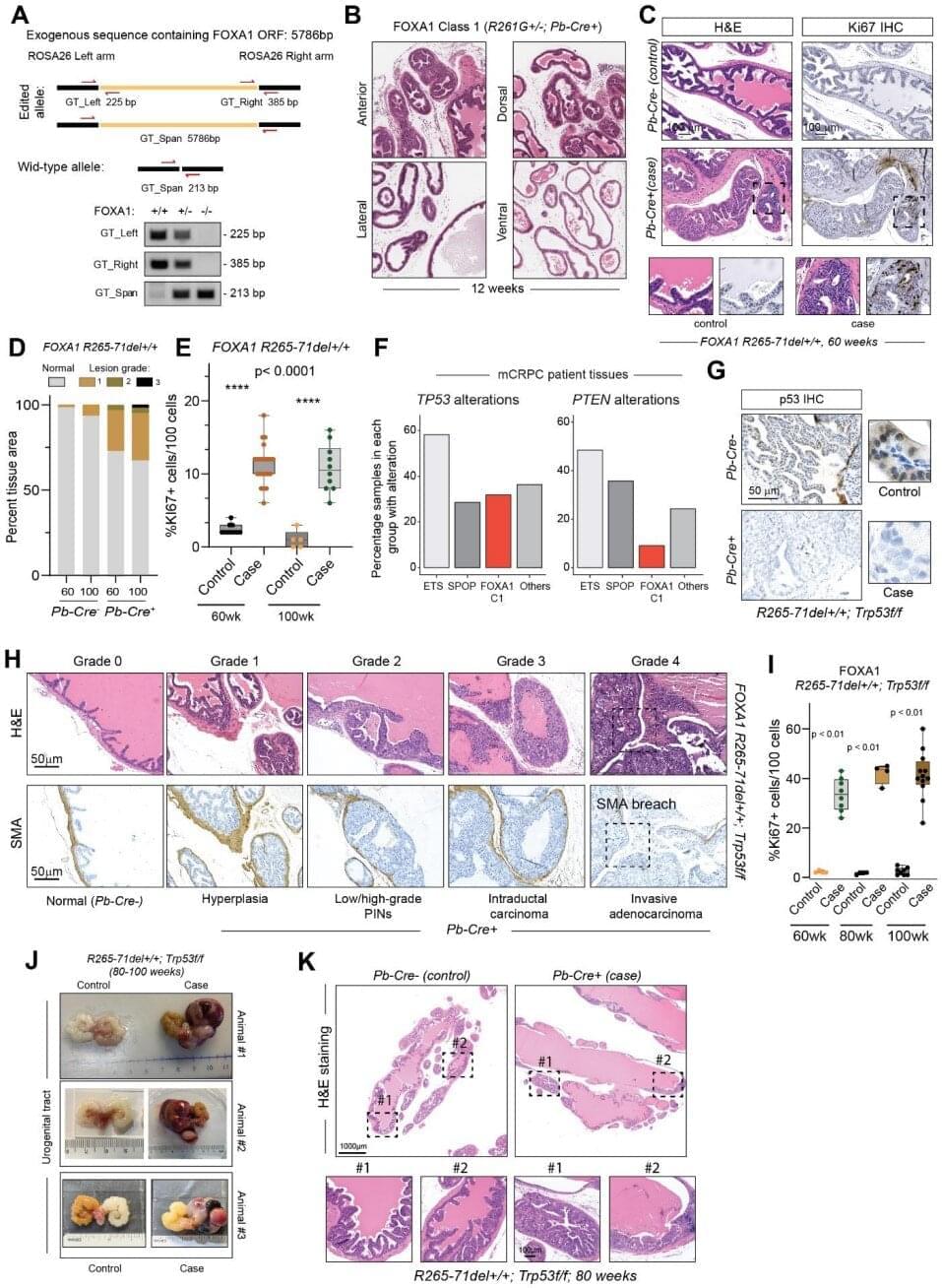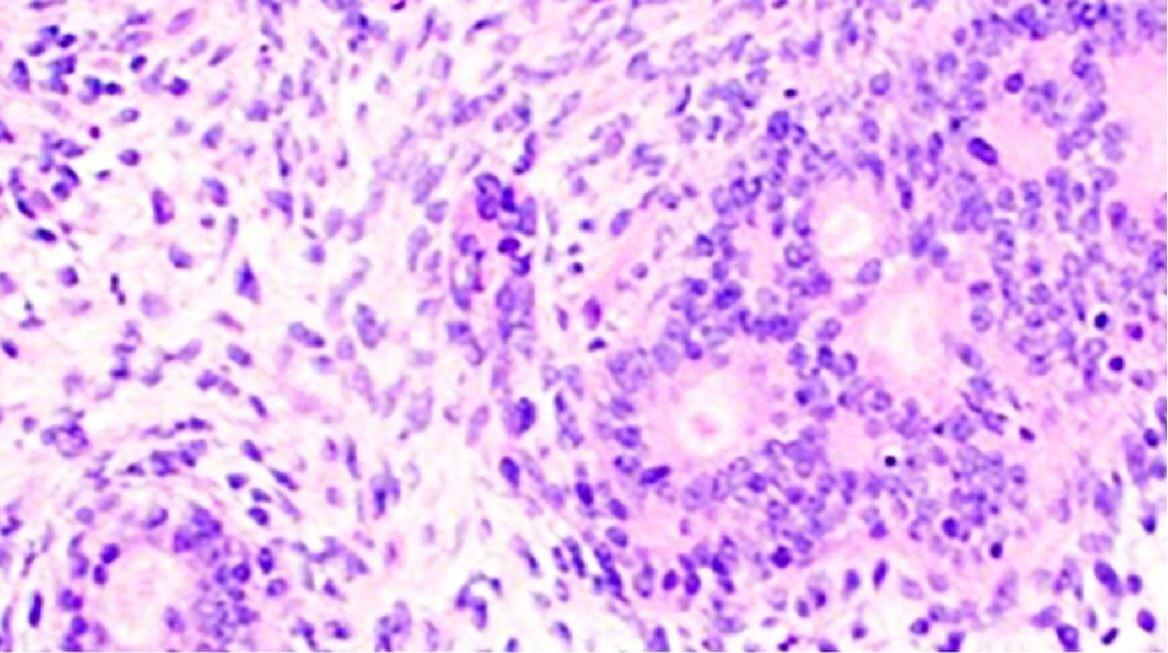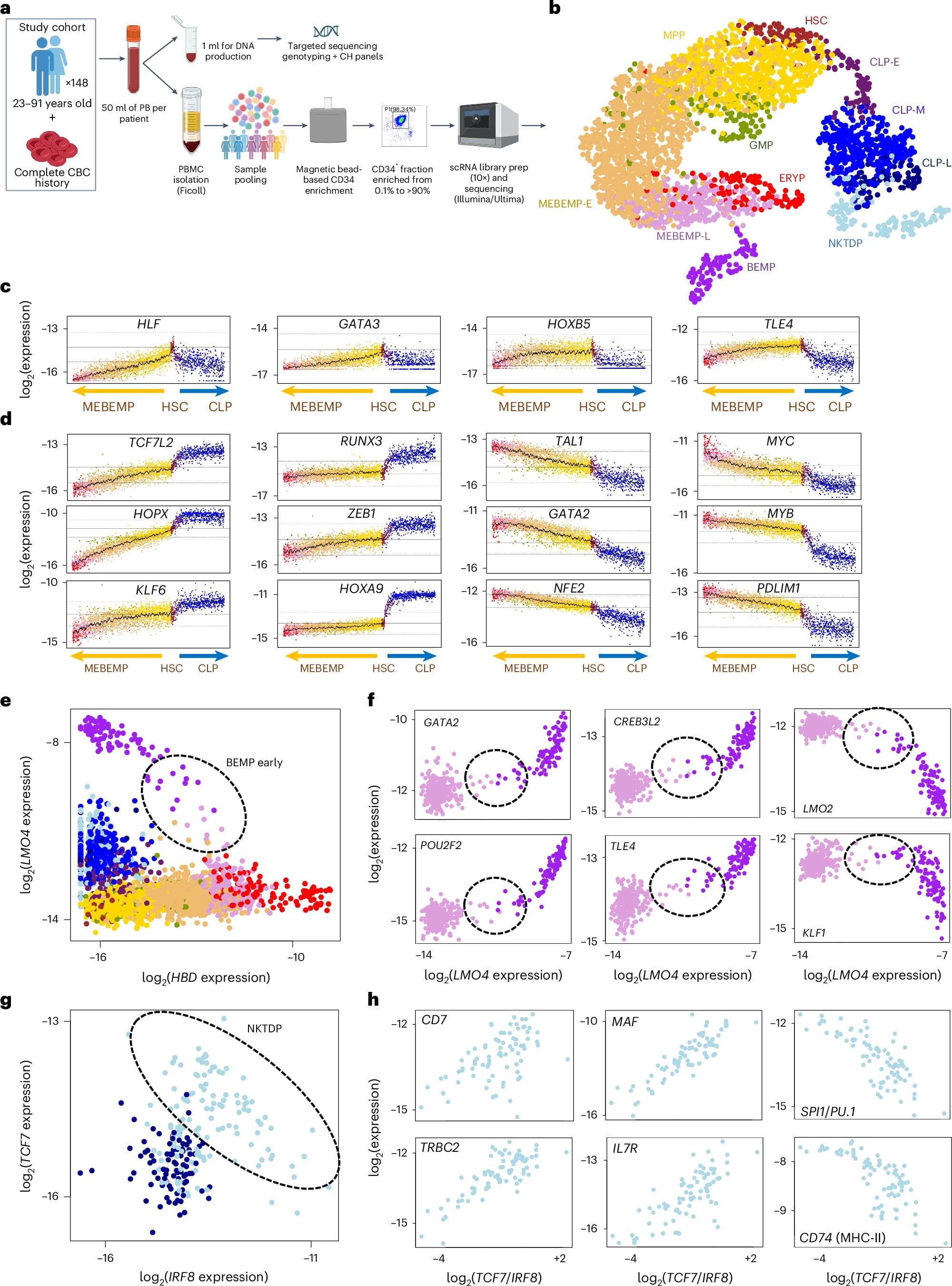A new study from the University of Michigan Rogel Health Cancer Center, published in Science, sheds light on how two distinct classes of mutations in the FOXA1 gene—commonly altered in prostate cancer—drive tumor initiation formation and therapeutic resistance.
FOXA1, a key transcription factor that facilitates androgen receptor binding to DNA, is mutated in 10–40% of hormone-dependent prostate cancers. While common, the exact ways these mutations alter cancer cells have remained elusive—until now.
Rogel researchers, including Arul Chinnaiyan, M.D., Ph.D., S.P. Hicks Endowed Professor of Pathology and Urology, and Abhijit Parolia, Ph.D., Rogel Fellow and Assistant Professor of Pathology, used mouse models to understand the mechanisms underlying two major classes of FOXA1 mutations.
